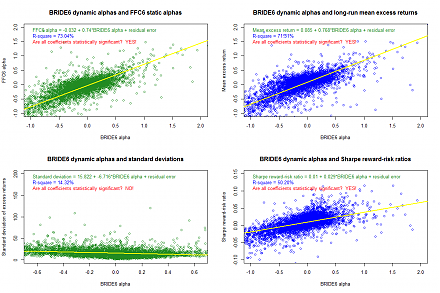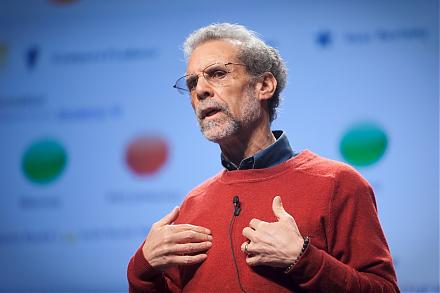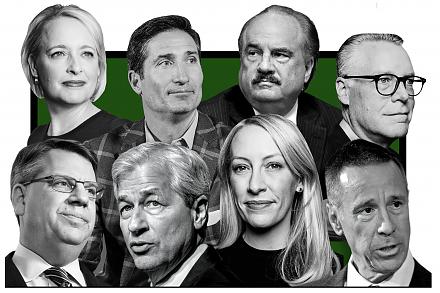

2018-09-13 19:38:00 Thu ET
trust perseverance resilience empathy compassion passion purpose vision mission life metaphors seamless integration critical success factors personal finance entrepreneur inspiration grit
Bill Gates shares with Mark Zuckerberg his prior personal experiences of testifying on behalf of Microsoft before U.S. Congress. Both drop out of Harvard to pursue their software companies, and both testify before Congress over their corporate actions and decisions.
Gates warns Zuckerberg to be mindful of Washington (because the Department of Justice both fought and dominated 3-year lawsuits against Microsoft in response to the Gates defiant tone that the computer industry is hyper-competitive with no need for quick fixes).
Zuckerberg now faces a similar legal quagmire. Facebook has to employ artificial intelligence advances to fix several issues in relation to foreign interference in U.S. elections, Cambridge Analytica user privacy invasion, and offshore tax avoidance.
As a social media outlet in direct competition with Twitter, Facebook faces similar regulatory scrutiny from Washington (because Microsoft raised antitrust concerns about its Windows computer system and Office-Internet-Explorer software suites).
In the next decade, both U.S. and E.U. authorities either regulate or break up tech titans such as Facebook, Twitter, and Google for better consumer protection and tech market competition. In fact, the Microsoft antitrust case has deep implications for big tech regulation.
It is indeed anti-competitive for tech titans to orchestrate their platforms to favor their own software products. Thus, the European Union slaps a $2.7 billion fine on Google for tilting online search results to stifle competition.
Section 230 of the Communications Decency Act shields tech companies such as Facebook, Twitter, Google, YouTube, and IBM etc from any potential deterioration in the overall quality of online content curation. Meanwhile, it is still difficult for U.S. and E.U. regulators to hold tech titans responsible for their online content curation and software service provision due to scant legislation.
With respect to the widespread use and adoption of information communication technology (ICT), no reasonable court would attempt to set an intrusive precedent at the risk of shaking up the U.S. ICT industry both in Silicon Valley and elsewhere.
It may be easier for these regulators to impose one-off, ad hoc, and sporadic fines and penalties on tech companies due to both antitrust and tax avoidance concerns.
If any of our AYA Analytica financial health memos (FHM), blog posts, ebooks, newsletters, and notifications etc, or any other form of online content curation, involves potential copyright concerns, please feel free to contact us at service@ayafintech.network so that we can remove relevant content in response to any such request within a reasonable time frame.
2023-01-09 10:31:00 Monday ET

Response to USPTO fintech patent protection As of early-January 2023, the U.S. Patent and Trademark Office (USPTO) has approved our U.S. utility patent
2025-06-28 10:39:00 Saturday ET

Former New York Times science author and Harvard psychologist Daniel Goleman explains why great mental focus serves as a vital mainstream driver of personal
2025-07-01 13:35:00 Tuesday ET

In recent times, financial deglobalization and asset market fragmentation can cause profound public policy implications for trade, finance, and technology w
2018-12-20 13:40:00 Thursday ET

T-Mobile and Sprint indicate that the U.S. is likely to approve their merger plan as they take the offer from foreign owners to stop using HuaWei telecom te
2020-05-07 08:26:00 Thursday ET

Disruptive innovators often apply their 5 major pragmatic skills in new blue-ocean niche discovery and market share dominance. Jeff Dyer, Hal Gregersen,
2019-06-09 11:29:00 Sunday ET

St Louis Federal Reserve President James Bullard indicates that his ideal baseline scenario remains a mutually beneficial China-U.S. trade deal. Bullard ind